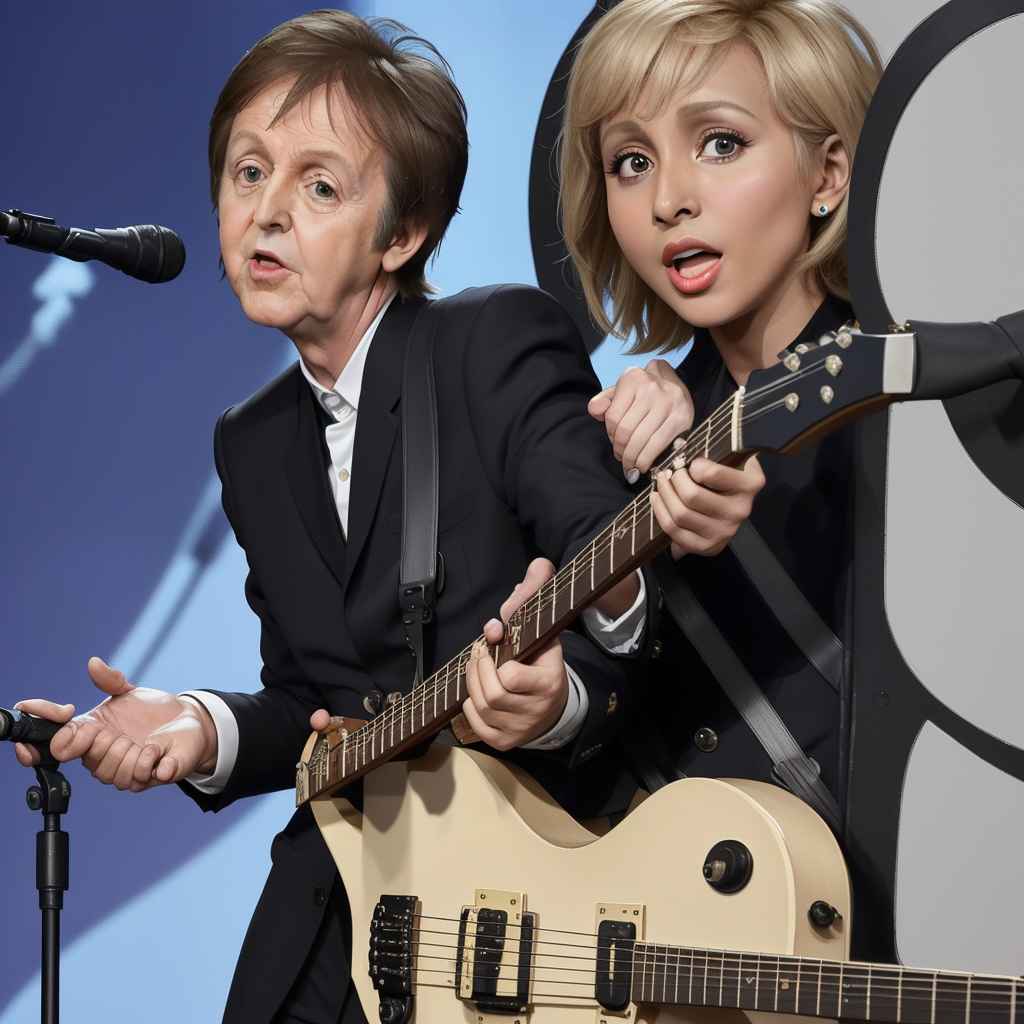
Celebrities Urge AI Protections Amid Growing Concerns
Paul McCartney and Cynthia Erivo Call for AI Protections Amid Trump's Regulatory Rollbacks
Legendary musician Sir Paul McCartney and Tony Award-winning actress Cynthia Erivo are joining forces to urge the Trump administration to establish stronger regulations on artificial intelligence (AI) to protect workers and society.
In an open letter published in The New York Times, the duo expressed concern over the White House's recent efforts to roll back regulations on AI, citing the need for safeguards to ensure the technology benefits humanity rather than harming it.
"We urge the administration to take a proactive approach to AI regulation, prioritizing the well-being of workers, consumers, and society as a whole," the letter reads. "The benefits of AI are undeniable, but so are the risks. We must not ignore the consequences of unchecked AI development."
McCartney, a pioneer of the music industry, and Erivo, a trailblazer in the world of theater, are both passionate about the potential of AI to transform industries. However, they are also aware of the potential downsides, including job displacement and bias in AI decision-making.
Their call to action comes as the Trump administration has been accused of prioritizing corporate interests over worker protections and consumer safety. The White House has rolled back regulations on AI, citing the need for innovation and job creation.
The open letter is part of a broader campaign to raise awareness about the need for AI regulations. McCartney and Erivo are joined by other prominent figures, including tech entrepreneurs, artists, and activists, who are demanding greater transparency and accountability from the government and corporations.
As the world becomes increasingly reliant on AI-powered technologies, the need for effective regulations has never been more pressing. McCartney and Erivo's efforts serve as a reminder that the development of AI must be guided by a commitment to fairness, equity, and the well-being of all people.